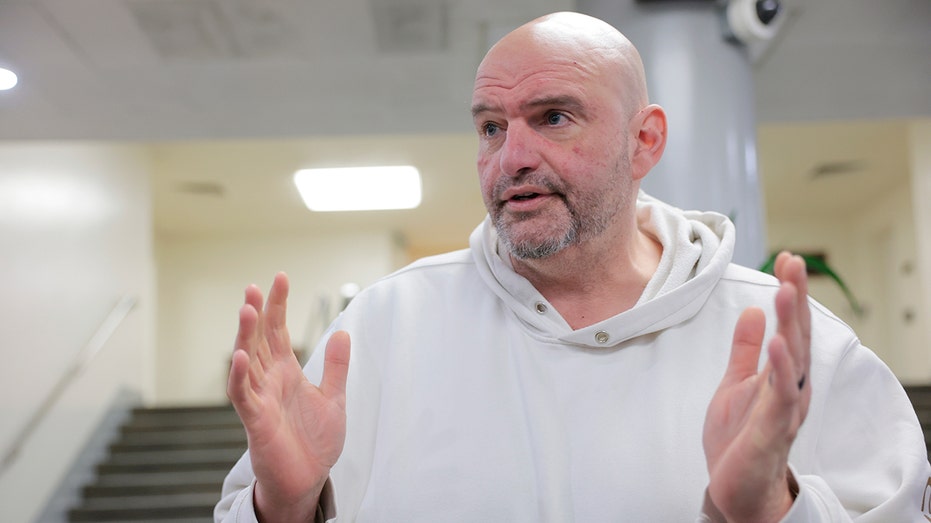Ontario Councillors Resist as Small Towns See Expansion of Strong Mayor Powers
Ontario's expansion of strong mayor powers sparks fierce resistance, raising urgent questions about local democracy and accountability.

A heated debate is unfolding across Ontario as newly expanded "strong mayor" powers grant unprecedented authority to mayors in 169 additional municipalities. As of May 1, these mayors can now veto council bylaws, enact new measures with support from just one-third of council members, and unilaterally hire or dismiss municipal department heads. The expansion, according to the Ministry of Municipal Affairs and Housing, is intended to expedite housing development and accelerate local governance.
But instead of universal acceptance, the measures have sparked a wave of resistance among local leaders and councillors, especially in smaller towns. In Stratford, Councillor Mark Hunter rallied his colleagues for a unanimous vote symbolically rejecting the powers. “What it effectively does is get rid of majority rule in our council,” he emphasized. Hunter stressed that open debate and diverse perspectives drive better decisions for communities, warning, “Anything that diminishes that discussion is worse for residents.”
Hunter and other critics argue that while their current mayors may be trusted, the new authorities set a dangerous precedent for the future. “It’s another example of concentrating power in fewer hands. Unfortunately in human history, that doesn’t always work out so well,” he said.
The province initially limited these powers to Toronto and Ottawa in 2022 but has vastly broadened their reach. In Quinte West, Councillors David O’Neil and Zack Card are sounding alarms about the impact on local democracy. O’Neil called the move “a real misdirection” by the government and questioned whether it would actually contribute to more housing construction. Card warned, “Tipping that balance could potentially hinder governance and make solving issues within our communities more difficult.”
Controversy erupted almost immediately in Quinte West with the recent dismissal of the municipality’s chief administration officer—enacted as a “mayoral decision” under the newly minted legislation. While Mayor Jim Harrison said the action reflected council consensus, some councillors worry about how future mayors could wield these powers unchecked.
Further concern comes from David Arbuckle, executive director of the Association of Municipal Managers, Clerks and Treasurers of Ontario, who believes unilateral authority jeopardizes non-partisan, evidence-based advice within municipal administration. “The advice they’re bringing forward may not be as neutral as possible because ultimately they are now responding to one individual,” Arbuckle noted.
In Prince Edward County, Councillor Corey Engelsdorfer fears the strong mayor model could deepen existing divisions and further erode public trust, especially as the community faces rapid development pressures. “The way we build homes is by working together as a council and not by one person or a third of council pushing through what they want to push through,” he remarked. Mayor Steve Ferguson has moved to defer several strong mayor powers back to council and the municipality has formally asked the province to rescind the legislation.
Despite the controversy, actual use of strong mayor powers has been limited. Before the recent expansion, only 46 mayors had access, and only a handful exercised the prerogatives. Notable exceptions include the advancement of affordable housing projects in Hamilton and Mississauga. However, experts caution that in smaller municipalities—where oversight and media scrutiny are diminished—the risk of abuse rises significantly.
Matti Siemiatycki, director of an urban infrastructure institute and professor of planning, pointed out, “We’ve seen an erosion and a decline of local presses across Canada, and it’s no more visible than in small communities. If you’re concentrating powers, what’s really needed is external oversight bodies.” He acknowledged the gravity of the housing crisis but stressed the need for processes with built-in accountability. “It doesn’t necessarily mean you’ll go further just because you’re aiming to go faster. The thing that’s more sustainable over the long term is acceleration through processes that have very clear accountabilities and timelines to them.”
As Ontario’s municipalities navigate this new landscape of governance, the central question remains: Can streamlining decision-making coexist with the principles of participatory democracy? For many councillors and local officials, the answer hinges on not just the current crop of leaders, but those who will follow in years to come.




